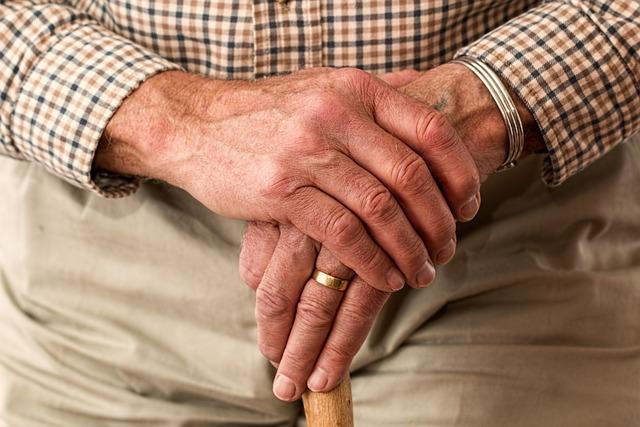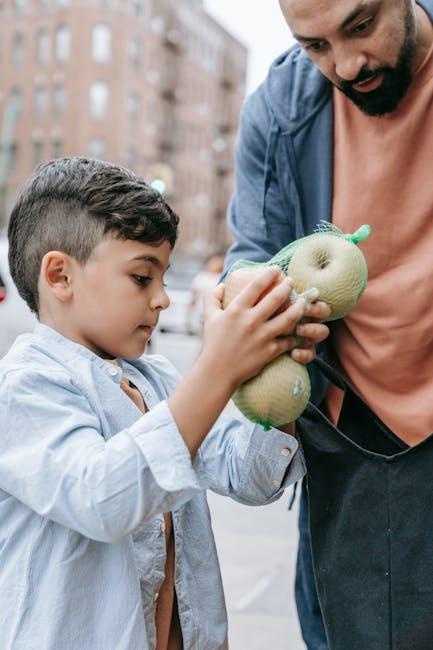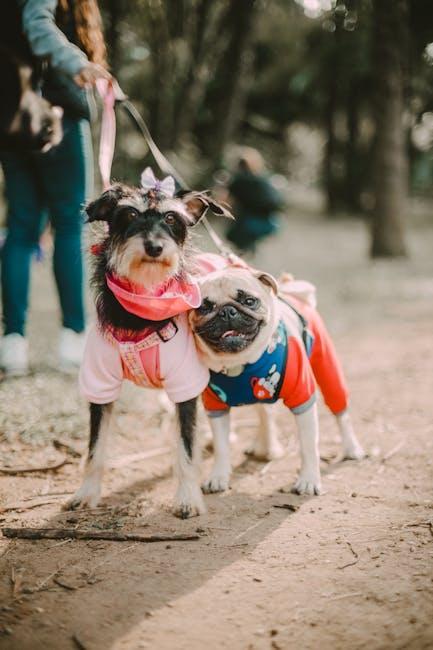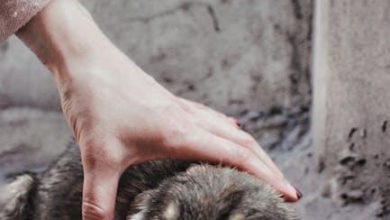Can Older Dogs Be Socialized as Easily as Puppies

In the bustling world of wagging tails and eager noses, the question of socialization often finds its way into the hearts of dog owners and enthusiasts alike. While the image of a playful puppy bounding through a park, making friends at every turn, is a familiar and cherished one, the narrative surrounding older dogs is often less clear. Can these seasoned companions, with their own histories and habits, truly learn to embrace new social experiences as easily as their younger counterparts? This article delves into the intriguing world of canine socialization, exploring whether age is just a number when it comes to teaching old dogs new social tricks. Through a blend of expert insights, heartwarming stories, and practical advice, we unravel the complexities of integrating older dogs into new social circles, shedding light on the possibilities that await beyond the wag of a tail.
Understanding the Social Needs of Senior Dogs
As dogs age, their social needs evolve, often requiring a more nuanced approach than when they were puppies. Older dogs may have established behaviors and preferences, but this doesn’t mean they can’t enjoy social interactions. It’s crucial to understand that senior dogs often benefit from gentle and positive socialization. Key aspects to consider include:
- Patience and Consistency: Unlike puppies, older dogs might need more time to adjust to new experiences or environments. Consistent exposure, while ensuring they feel safe and secure, is vital.
- Respect for Boundaries: Older dogs might have specific likes and dislikes, so respecting their boundaries can lead to more positive social interactions.
- Health Considerations: Be mindful of any physical limitations or health issues that may affect their ability to engage socially. Adapt activities to suit their comfort and mobility.
- Positive Reinforcement: Encouraging positive behavior through treats and affection can help reinforce their confidence in social settings.
Understanding these needs helps ensure that older dogs can enjoy fulfilling social lives, bringing joy and enrichment to their golden years.
Challenges and Opportunities in Socializing Older Canines
Socializing older dogs presents unique challenges, yet it also opens doors to rewarding opportunities. Challenges often arise due to entrenched behaviors and past experiences. Older canines may exhibit apprehension or anxiety in new environments, especially if they have had limited exposure to diverse social settings. This can lead to reluctance in meeting new dogs or people, requiring patient and consistent efforts to gradually build their confidence.
However, these hurdles are met with opportunities that can lead to deeply fulfilling relationships. Older dogs often possess a mature temperament, which can be an advantage in social settings as they tend to be less hyperactive compared to puppies. With the right approach, including:
- Gradual exposure to new stimuli
- Positive reinforcement to encourage desired behaviors
- Consistent routines to build trust and security
older dogs can learn to adapt and enjoy their social interactions. The journey may require time and patience, but the bonds formed can be immensely gratifying for both the dog and the owner.

Practical Tips for Introducing New Social Experiences to Mature Dogs
When introducing new social experiences to mature dogs, patience and consistency are key. Begin by assessing your dog’s comfort level and gradually introduce them to new environments. Start with controlled settings, such as small gatherings with familiar people or quiet parks, and slowly increase the complexity of the social environment. Observation is crucial; watch for signs of stress or discomfort and be ready to adjust the situation accordingly. Consistent exposure, without overwhelming your dog, can help them adapt more smoothly.
- Use Positive Reinforcement: Reward calm behavior with treats or praise to encourage confidence.
- Short, Frequent Sessions: Instead of long, exhausting outings, opt for shorter, more frequent socialization opportunities.
- Safe Spaces: Always provide a safe retreat, like a crate or quiet room, where your dog can retreat if they feel overwhelmed.
- Socialization Classes: Consider enrolling your dog in classes specifically designed for adult dogs to practice social skills in a structured environment.
Remember, each dog is unique, and their socialization process will vary. The goal is to create positive experiences that build your dog’s confidence and comfort in new social settings.

Expert Recommendations for Successful Socialization in Senior Dogs
When embarking on the journey to socialize senior dogs, it’s crucial to approach the process with patience and understanding. Experts suggest starting with familiar environments where your dog feels safe and comfortable. Gradually introduce new experiences, ensuring that each interaction is positive and rewarding. Consider the following expert tips to enhance your older dog’s socialization experience:
- Leverage Positive Reinforcement: Use treats and praise to encourage desired behaviors and create positive associations with new experiences.
- Respect Their Pace: Allow your dog to dictate the speed of socialization. Forcing interactions can lead to stress and anxiety.
- Controlled Environments: Begin with one-on-one interactions or small group settings before progressing to busier environments.
- Professional Guidance: Consult with a professional dog trainer who specializes in senior dogs for personalized advice and techniques.
By following these expert recommendations, you can foster a supportive and enriching environment that encourages your senior dog to embrace new social opportunities confidently.



